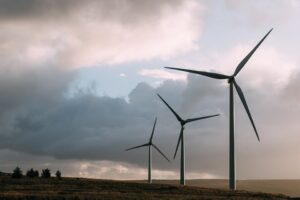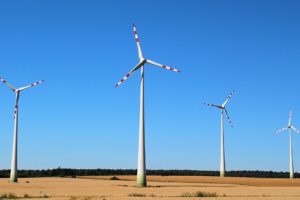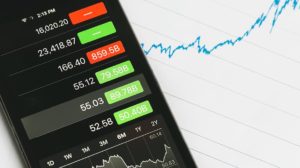President Joe Biden has once again affirmed his commitment to clean energy. Likewise, the president has confirmed plans to replace a good chunk of the government’s fleet of cars with electric models as part of his commitment to curbing carbon emission.
Biden Electrification
The fleet replacement could end up costing the government in the upwards of $20 billion. However, it’s still unclear when the rollout will take place or which models the government will go for as it promises to be the largest mobilization of public investment and procurement infrastructure.
It remains to be seen if Tesla models will join the government fleet as part of the transformation. The auto giant remains the poster child of the electric vehicle space. Spearheaded by the charismatic Elon Musk, the company has achieved significant milestones in EV deliveries.
Musk Natural Gas Push
Likewise, Musk has since moved to expand his empire with reports indicating he intends to drill for natural gas in Texas. Reports indicate the famed entrepreneur intends to drill natural gas wells close to SpaceX launch pad in Boca Chica.
Production is yet to begin, due to an ongoing legal dispute between SpaceX subsidiary Lone Star Mineral Development and another energy company. It is still unclear what Musk intends to do with the natural gas as SpaceX plans to use super-chilled liquid methane and liquid oxygen to fuel its Raptor engines.
Lee Renewable Energy
Separately, Dallas-based Leeward Renewable Energy has reached an agreement to buy a utility-scale solar platform for $261 million. The company is to acquire about 10 Gigawatts of projects currently under development by First Solar of Tempe. Most of the projects are targeted to the California markets.
In addition, the electric vehicle unit of Chinese property developer China Evergrande has reached an agreement with six investors and now set to arise $3.54 billion. The capital raise will allow the EV Company to pay down debt as well as fund research operations.
The capital raise comes at a time when the company has been struggling to repay debts. It also faces stringent debt-ratio caps that could affect its ability to raise more capital in future.










